June 20, 2017
Half of UK employees say the workplace has a negative impact on their wellbeing 0
 UK employers are falling short of fully supporting mental health in the workplace, with half of UK employees say their workplace has a negative impact on their physical, mental and financial wellbeing, a new survey claims. And according to the Global Employee Benefits Watch 2017/18 from Thomsons Online Benefits of over 2,000 office workers around the world, multinational organisations are not using benefits effectively to improve employee wellbeing and provide a positive workplace experience. Almost 40 percent of employees cite improving mental wellbeing as a life goal, yet less than half of those (18 percent), feel that their benefits scheme supports this. The situation is similar for those wanting to get fit and healthy; 44 percent of employees are keen to do this, yet less than half of them (20 percent) say their employer is helping them to fulfil this ambition.
UK employers are falling short of fully supporting mental health in the workplace, with half of UK employees say their workplace has a negative impact on their physical, mental and financial wellbeing, a new survey claims. And according to the Global Employee Benefits Watch 2017/18 from Thomsons Online Benefits of over 2,000 office workers around the world, multinational organisations are not using benefits effectively to improve employee wellbeing and provide a positive workplace experience. Almost 40 percent of employees cite improving mental wellbeing as a life goal, yet less than half of those (18 percent), feel that their benefits scheme supports this. The situation is similar for those wanting to get fit and healthy; 44 percent of employees are keen to do this, yet less than half of them (20 percent) say their employer is helping them to fulfil this ambition.









 With the Met Office predicting that the hot weather looks set to continue for much of this week, workplace expert Acas, has offered some tips to help employers manage workplace challenges due to the hot weather. From a legal perspective, it advises that workplace temperatures should be reasonable as the Health & Safety Executive (HSE) has stated that the temperature in all workplaces inside buildings must be reasonable. The HSE offers
With the Met Office predicting that the hot weather looks set to continue for much of this week, workplace expert Acas, has offered some tips to help employers manage workplace challenges due to the hot weather. From a legal perspective, it advises that workplace temperatures should be reasonable as the Health & Safety Executive (HSE) has stated that the temperature in all workplaces inside buildings must be reasonable. The HSE offers 

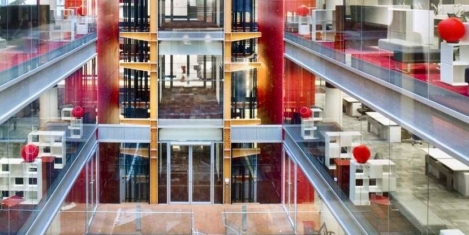
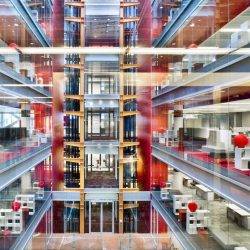












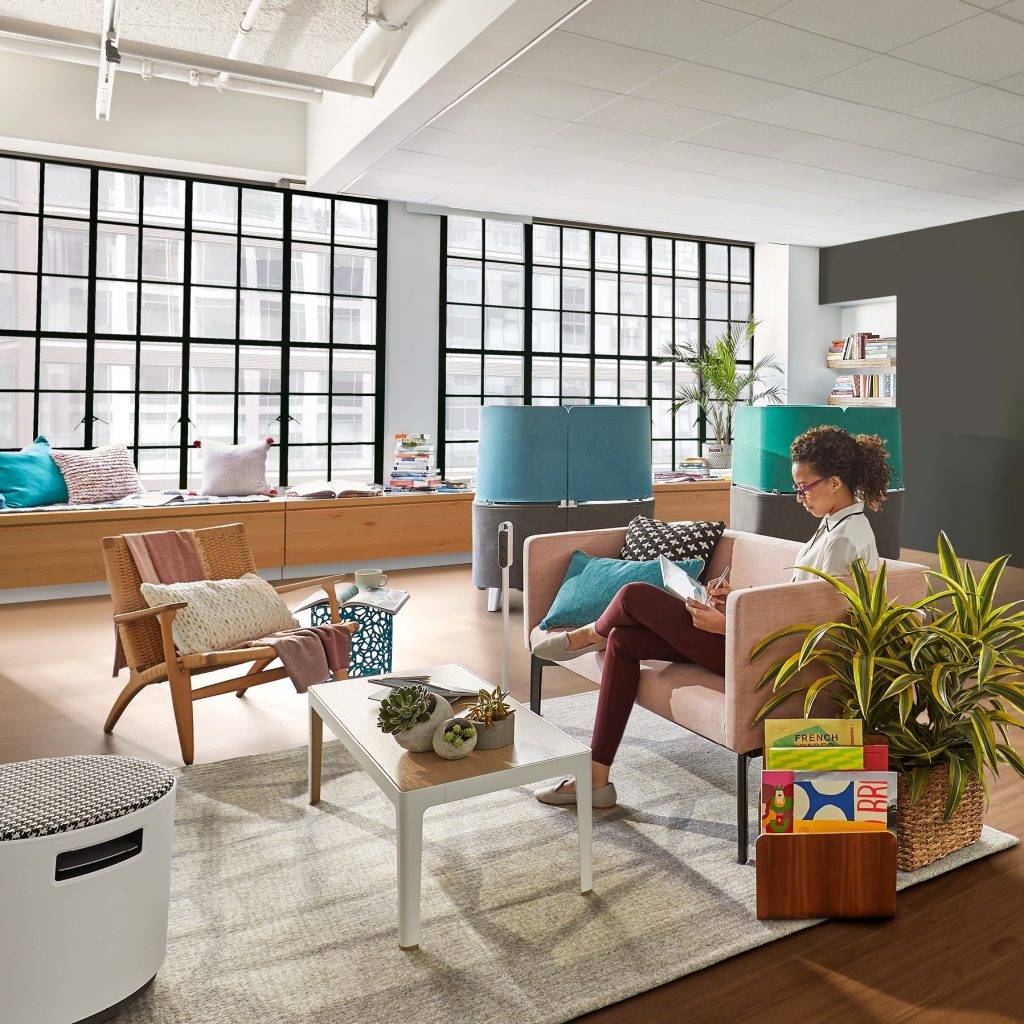
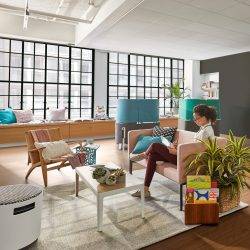
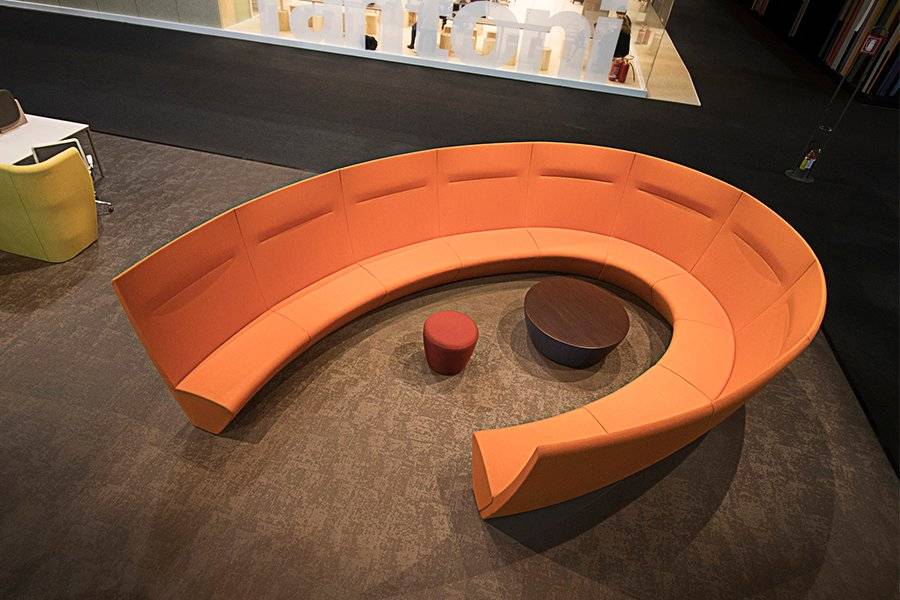
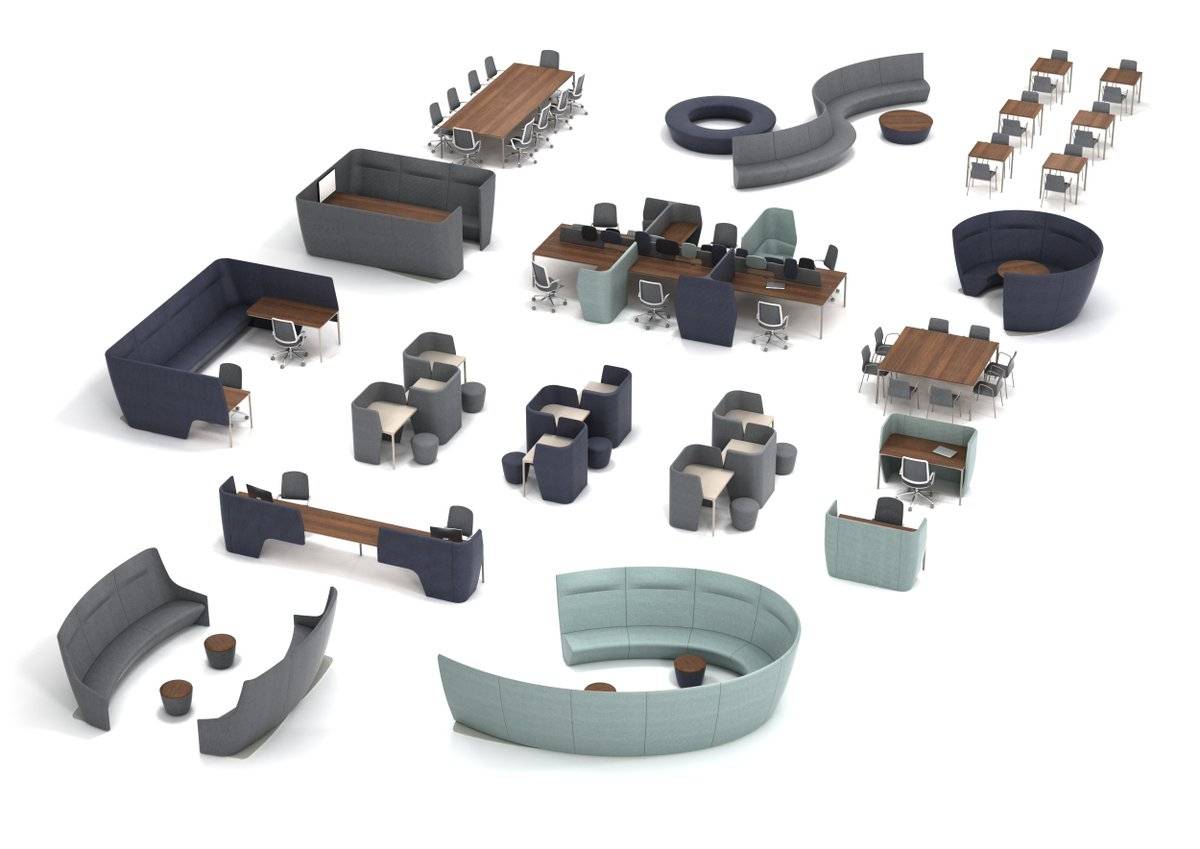
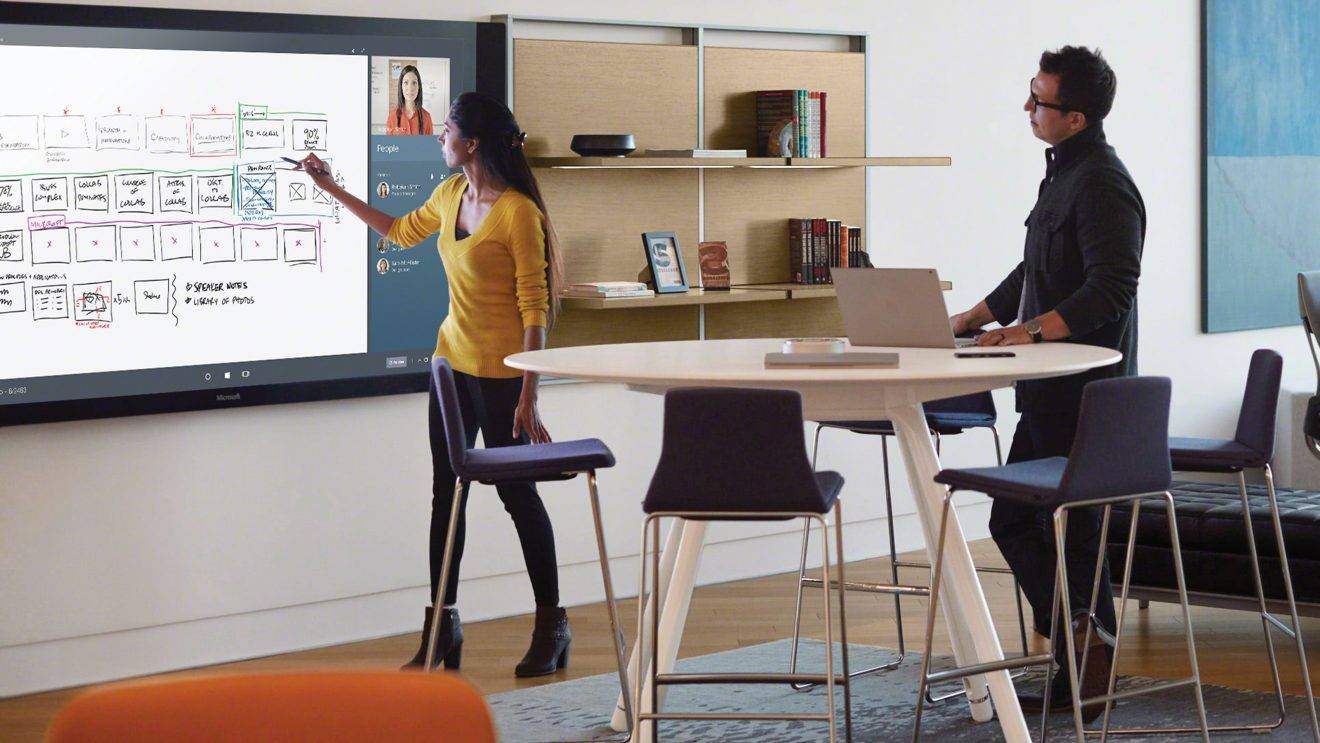

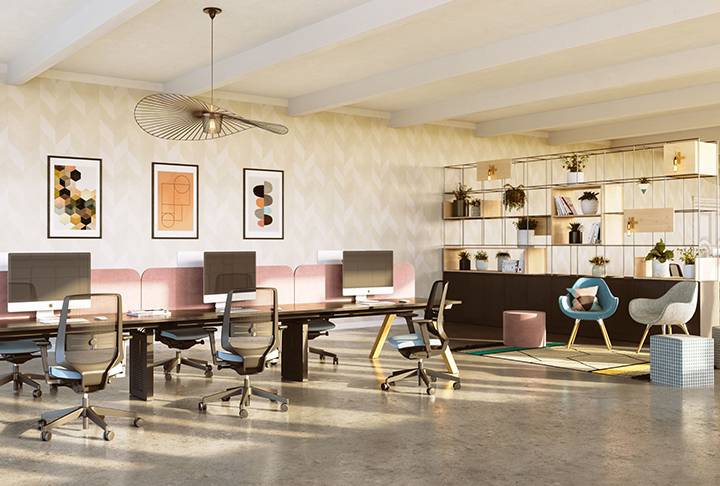
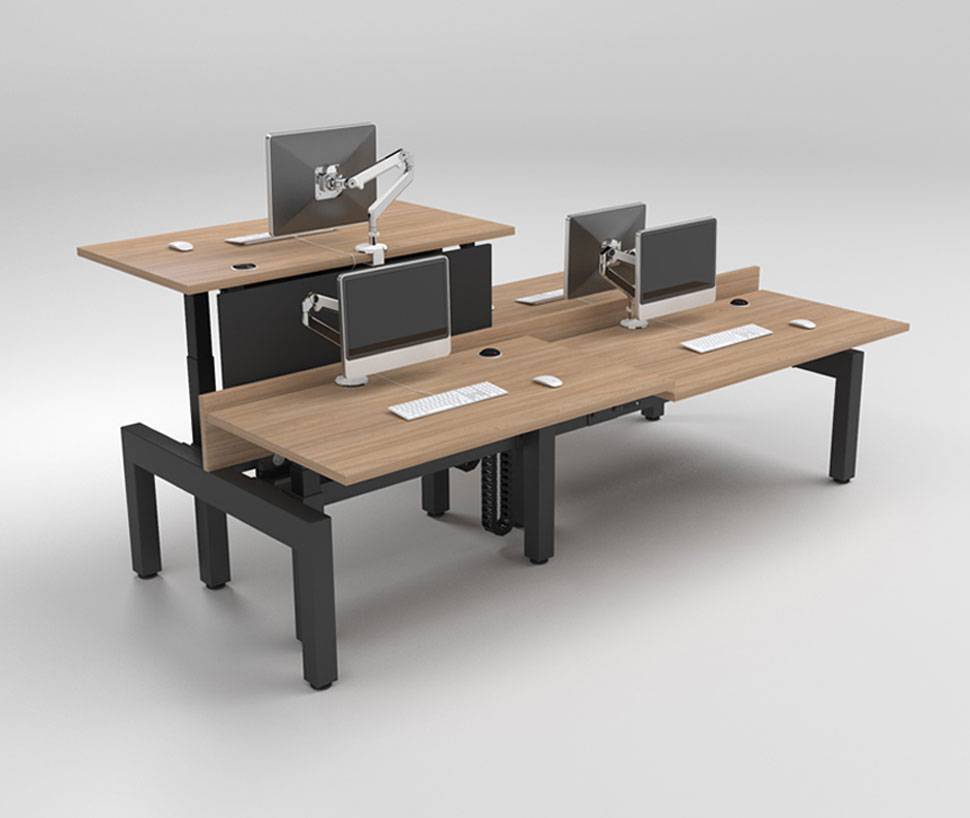



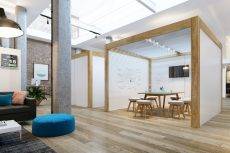

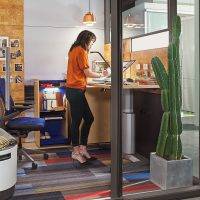

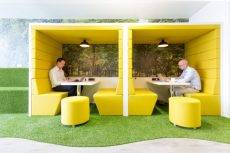









June 14, 2017
Workplace wellbeing is now embedded in the very bricks and mortar of the building 0
by Sion Davies • Comment, Wellbeing, Workplace design
(more…)